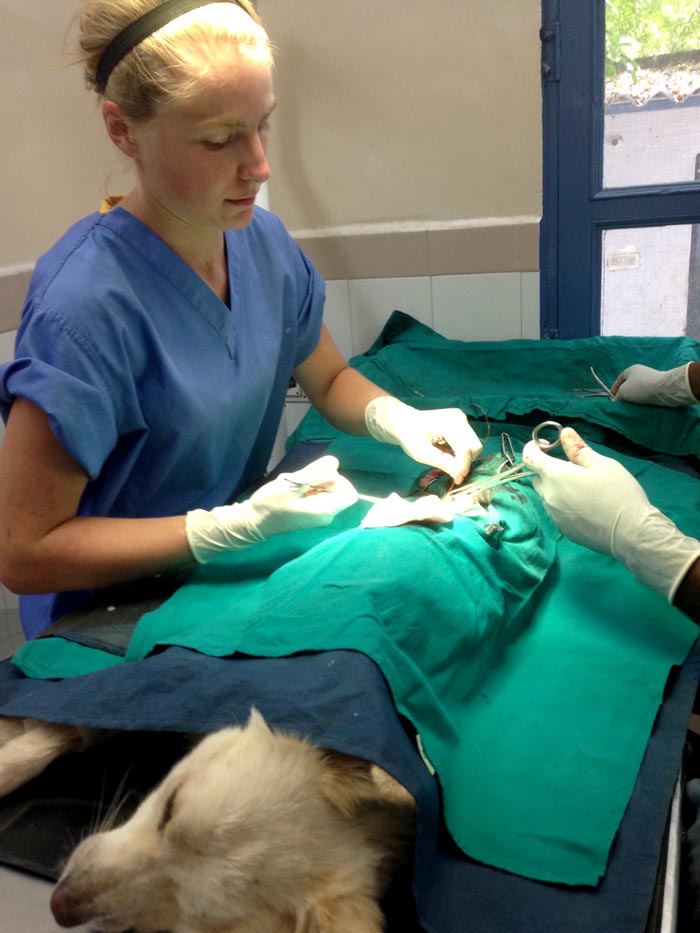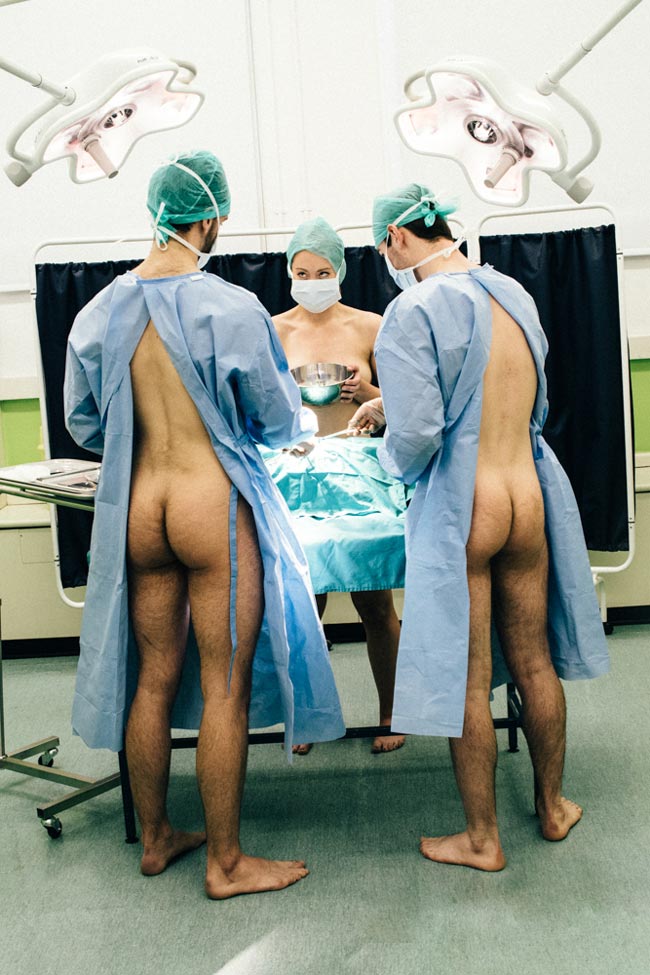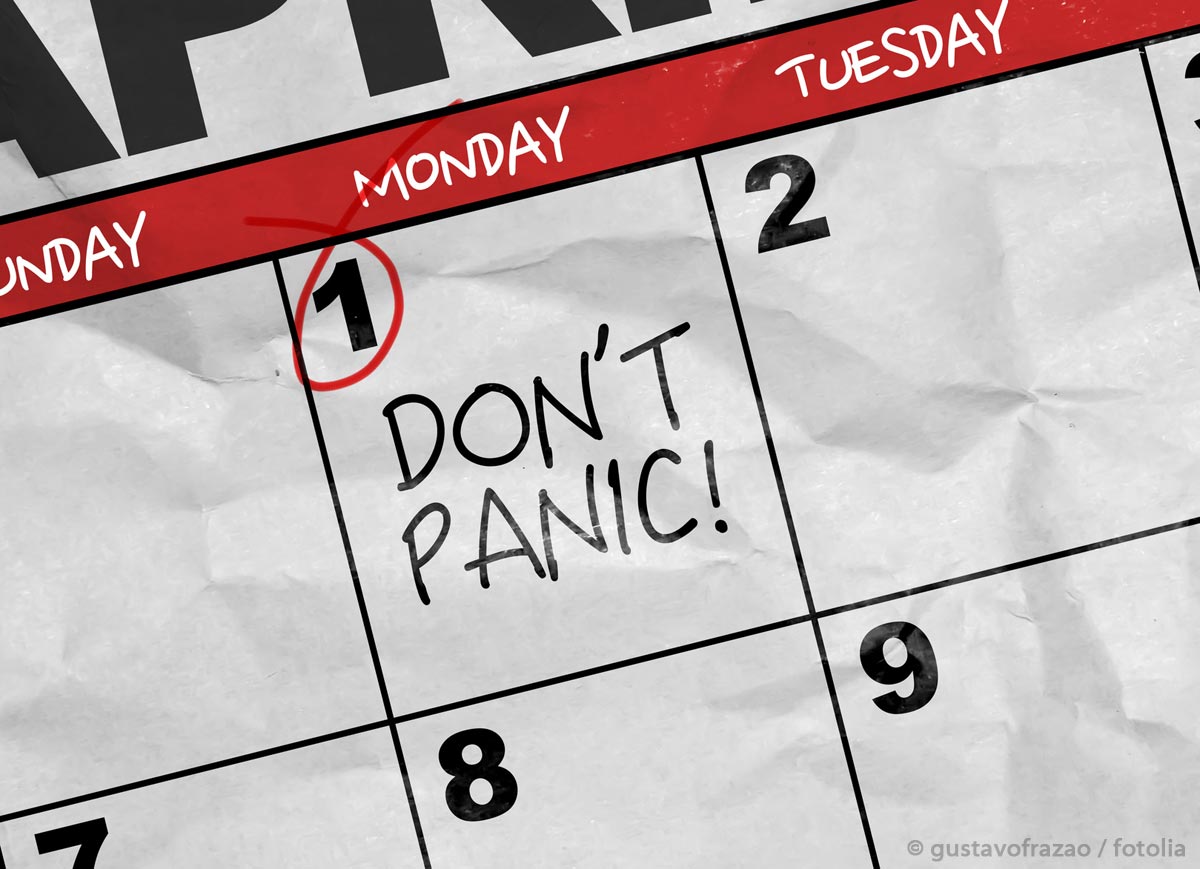We’ve barely had a day of news in the past year that didn’t include Brexit. Yet, do any of us really know what the real consequences will be?
Within the veterinary profession, specific factors are undoubtedly going to be influenced by Brexit, even if we don’t know the extent of these yet. They do, however, include a great deal of legislation on welfare and meat hygiene, but also the future of the UK veterinary workforce.
It has been suggested the proposed coalition of Keele University and Harper Adams for yet another UK vet school may help boost numbers of veterinary professionals in the UK post-Brexit, especially when it is suspected we may be facing a shortfall.
I disagree.
Not a new problem

Yes, the veterinary profession has a shortage of experienced veterinary surgeons right now, but this was the case before the EU referendum was even in the pipeline – SPVS, for example, called for veterinary surgeons to be added to the UK’s shortage occupation list in 2015.
Sure, post-Brexit, it is likely to get worse – for example, the uncertainty surrounding the whole situation is (anecdotally) already seeing some of our EU vets searching for jobs overseas and leaving. This isn’t just “vet news” either – the BBC (despite the ambiguous statistics quoted) also recognised the effects of Brexit on the veterinary profession in an article this week.
But opening new vet schools isn’t the answer. For example, there is increasing awareness in the veterinary profession of the importance of mental health and a resultant expanding of the resources available for those who are struggling.
We also frequently hear buzzwords such as “compassion fatigue” and “burnout”, which we need to do more about.
My point is: we need to look after our current vets. This would prevent them getting tired and fed up, and ultimately leaving the profession – or, at least, leaving a clinical practice role.
Sold the wrong idea?
The Voices from the Future of the Profession report produced by the BVA/RCVS Vet Futures initiative in 2015 stated 50% of recent graduates thought their working lives did not meet their expectations. This disillusionment, set among a feeling of being undervalued, overworked and lacking a good work-life balance (something I’ve written about at length) leads to vets turning to other careers before they have a great deal of experience – this is what should be addressed.
We need to focus on the well-being of the vets we have instead of luring even more school leavers into a profession they have false preconceptions of.
More new graduates will not solve the problem – and this is coming from one. They will simply dilute the profession and struggle because there are less “experienced vets” to mentor them and help them hone their skills and knowledge. Ultimately, a large proportion of these will become stressed and leave within a couple of years – the vicious cycle is thus complete.
Teaching tussles
On a vet school level, irrespective of Brexit, this announcement is too not welcomed. At Glasgow, I have met clinicians that have chopped and changed between vet schools because there aren’t enough experts willing to teach, resulting in a bidding war between the universities.
We now have nine vet schools across the UK and Ireland. The Aberwysth-RVC programme (for which updates on their plans were announced earlier this week) and the Keele-Harper Adams course are only going to add fuel to that fire. Where are we going to suddenly magic up so many more diplomats and EU specialists to teach? Or, for that matter, clinical skills and first opinion teachers?
Couple-of-years-qualified graduates aren’t going to have the same breadth of experience to prepare students for a variety of surgical or clinical scenarios – they are not an adequate substitute.
Reasoning questioned

The plans for new vet schools is not about saving the profession, nor is it about Brexit. It is down to academic institutions seeking high-achieving school leavers to attract more undergraduates and gain more funding.
It is ludicrous a university can just decide to open a vet school off its own back and threaten the resources of current vet schools, which include teaching staff and the availability of EMS placements, especially since many of the new course models (Nottingham, Surrey and the two proposed courses above) do not have their own teaching hospitals and, instead, use external practices.
It is true the new courses will be monitored and analysed once they have an intake of students to assess whether the graduates will be allowed to practice as veterinary surgeons, but by then, it’s too late.
There needs to be regulation to prevent it getting to that point, for the sake of the profession and the disillusioned school leavers applying en masse to these new courses.



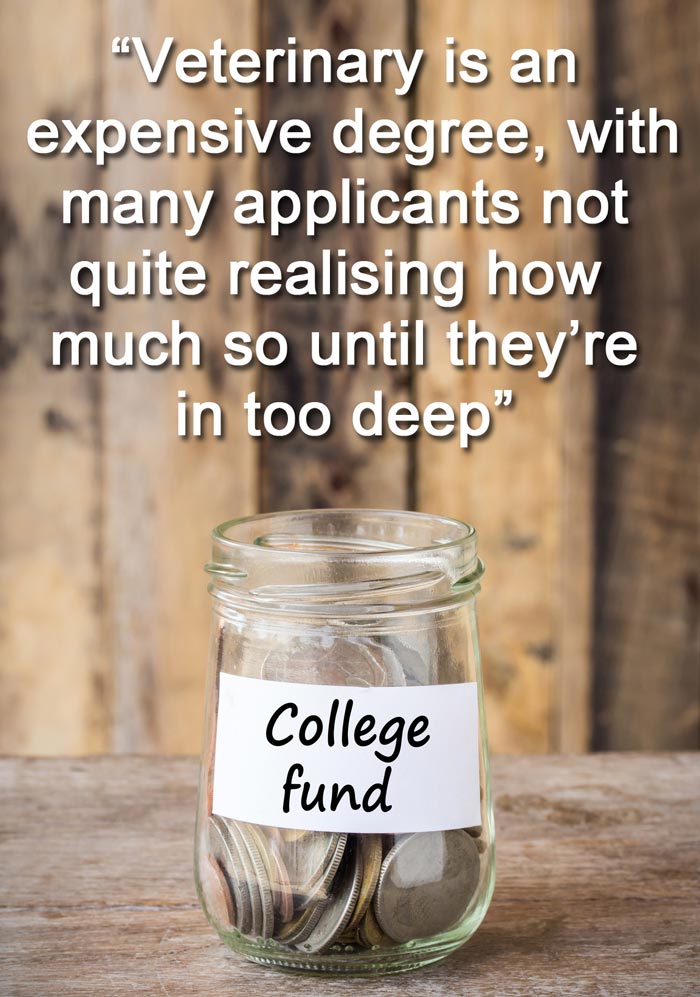
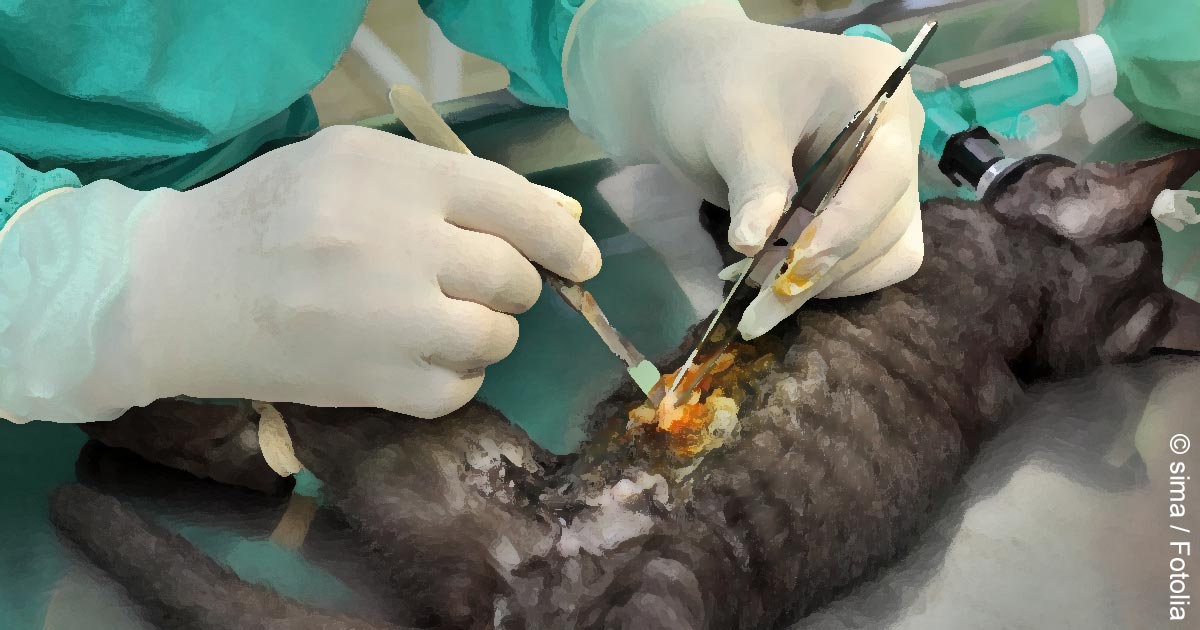
 Supposedly, we’re ready to take on the outside world as real vets. We’ve got heads full of knowledge and hands that have meticulously repeated sutures, catheterisations, and injections to maintain muscle memory. But what we haven’t got is experience.
Supposedly, we’re ready to take on the outside world as real vets. We’ve got heads full of knowledge and hands that have meticulously repeated sutures, catheterisations, and injections to maintain muscle memory. But what we haven’t got is experience.

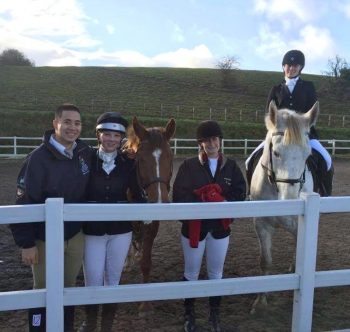
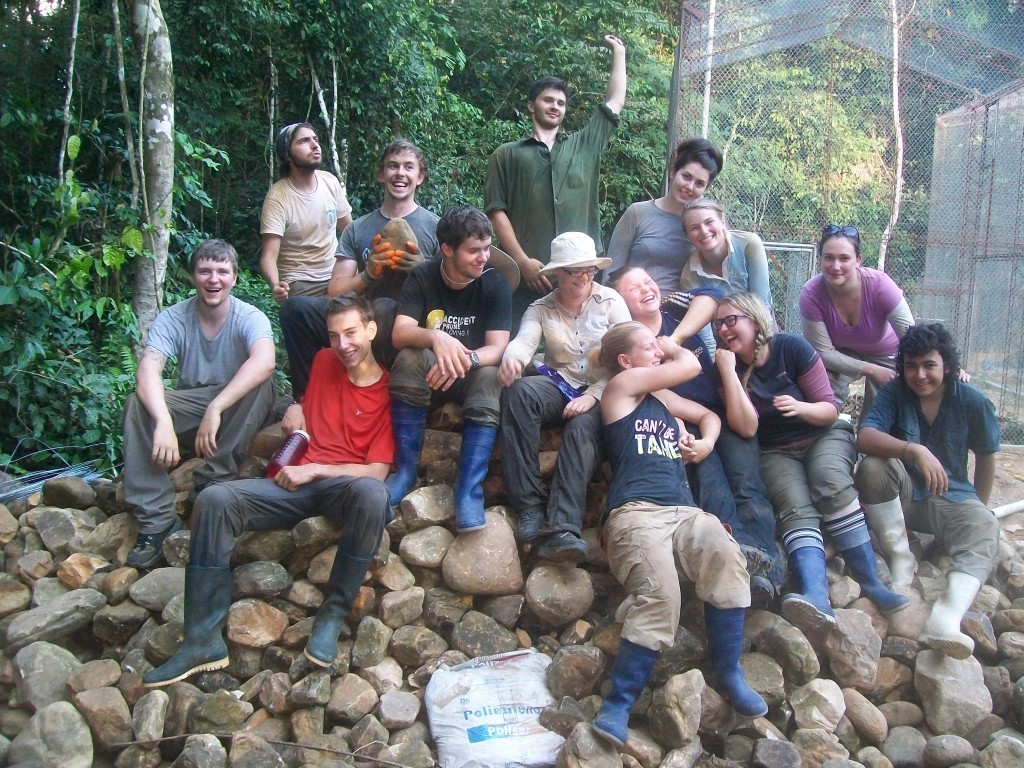
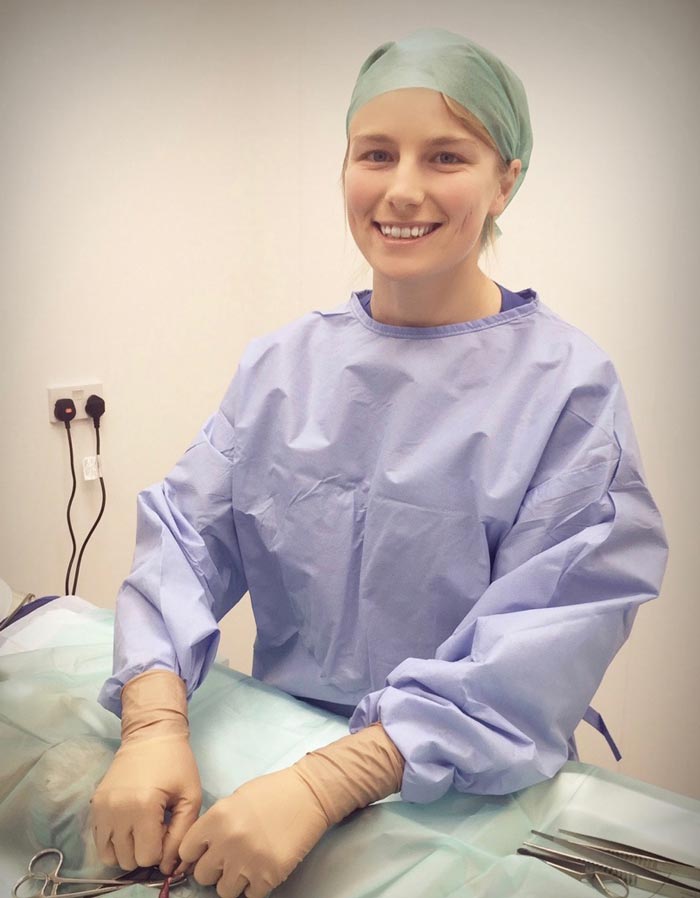

 With 12 weeks of preclinical and 26 weeks of clinical EMS under my belt, I’ve picked up a few handy tips along the way.
With 12 weeks of preclinical and 26 weeks of clinical EMS under my belt, I’ve picked up a few handy tips along the way.